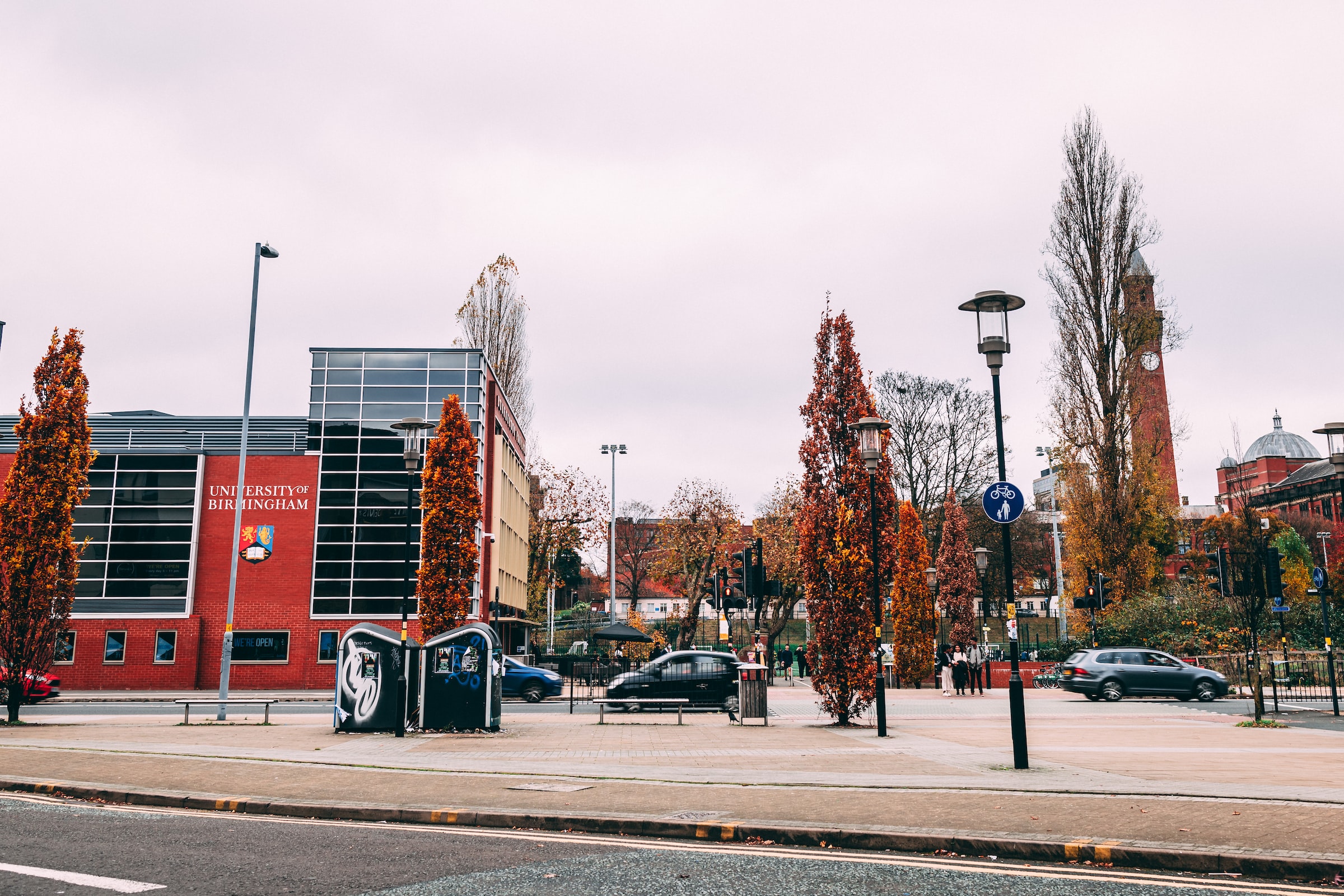
Comment Writer Anya Logue discusses the current climate situation, arguing that small changes can have a big impact on climate change
2020 has been an eye-opening year for how we deal with crises. January greeted us with Australian forests on fire to remind us of the climate catastrophe. To continue this hearty welcome we were treated to a highly contagious and potentially fatal new virus, with no known cure, sweeping the globe. If there is a god, they are definitely testing us.
Scientists have been warning of the consequences of continuing life as normal for decades now. Rising global temperatures will lead to more extreme weather disasters, more disease, more starvation, and millions of climate refugees. These effects are already being felt today. The UN Human Rights Chief, Michelle Bachelet, has said, ‘the world has never seen a threat to human rights of this scope.’
There are no signs of the virus letting up soon either. With the transmission R rate approaching one and rising to above one in some regions of the UK, we are still balancing on a knife-edge. The situation may get more precarious in September too, once schools and universities go back to mixing people together every day. The arrival of winter will also present a new challenge, as NHS services are usually more overstretched during these months.
Reading about all this can lead to a feeling of helpless dread. It is easy to feel powerless against the forces of apocalyptic climate catastrophe and deadly disease. But focusing on how big and complicated the problem is may skew our understanding of how much we can actually do to help.
Voting for green policies, as well as putting our money where our mouths are, does have an impact. Cutting down on consumption of high emissions industries will send a message that their bottom lines will be affected if they do not adapt to more sustainable practices.
“Voting for green policies, as well as putting our money where our mouths are, does have an impact
And this is working. Apple announced in July a plan to become carbon-neutral across its business by 2030. This follows Amazon’s commitment in 2019 to convert 80% of its energy sources to renewable energy by 2024, and be completely carbon neutral by 2040. Google also made pledges to help the climate earlier this year. Companies are feeling the pressure from consumers to change their tune. If the tech industry can respond to consumer behaviour in this way, so can the fashion, aviation, and food industries. So, the solution is to use our consumer power to force change.
As for COVID-19, we know what reduces the risks of spreading the virus. Wearing masks, keeping at least one metre away from others wherever possible, and staying away from crowded places are all recommended by the World Health Organisation (WHO) as ways to prevent transmission. The spread of COVID-19 is entirely controlled by human behaviour.
Young people seem to be particularly bad at realising the risks they pose, as they are more likely to be asymptomatic. This has led to the WHO warning that young people could be driving spikes in COVID-19 cases across Europe.
In the face of crisis, we often feel that our own actions cannot achieve much. But together, individual actions add up to real collective power. And it is not just your actions you can influence. Nudge theorists, people who study how social norms are created, have found that people are hugely influenced by how others act. Research has found that if you know someone who has given up flying for climate reasons, you are statistically more likely to cut down on flying too. Similarly, if you see all your friends meeting up without maintaining a two metre distance, you are potentially going to be more likely to stop considering distancing yourself. But, if you make a point of trying to distance wherever possible, your friends are likely to take your lead.
“In the face of crisis, we often feel that our own actions cannot achieve much
It is much easier to point the finger of blame at politicians and corporations for not handling crises perfectly than to examine our own behaviour. Big institutions are rightly criticised for their role in worsening the situation. But the truth is, our own actions have a massive impact. We are responsible for holding ourselves accountable for the role we play too.
Living an ethical life is complicated and hard, and we all have to make our own decisions when weighing up the risks and benefits of each action. But it is time to stop pretending our choices do not have an effect on anyone else. Recognising the power each of us holds is the vital first step in dealing with any crisis.
________________________________________________________________________________________________________________
Like this story? See below for more from Comment:
Boris vs Obesity: The Calorie Myth
Comments